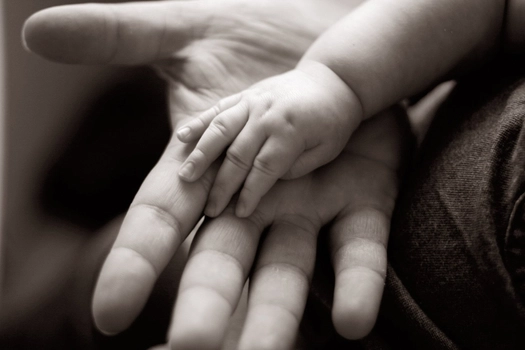Adoption is a controversial topic. It is the most drastic step that the state can take – it alters all parties identities forever.
Adoption is often bittersweet. For the birth parents, it signals the end of a meaningful relationship with their child and the loss of parental responsibility. For the adoptive parents, it gives them chance to love and raise a child which, for many, is all they have ever wanted. Unfortunately, all too often, the most important person in this arrangement is overlooked - the child.
A new report by the Public Law Working Group has called for wholesale reform of the adoption process. This report has taken four years to produce and has drawn on the experience and expertise of individuals involved in the adoption sector. The report focusses on five areas and makes recommendations across these areas - international adoption; consensual adoption; access to adoption records; processes and procedures in court; and contact.
The biggest change is the focus on contact between the child and their birth families. Currently, it is commonplace for the birth parents to have severely limited contact usually through ‘letterbox’ contact - letters sent twice a year, via an intermediary. The report states that the current norm of face-to-face contact being the exception rather than the rule, is outdated. Instead the report recommends that, during a child’s minority and provided it is safe to do so, greater consideration must be given as to whether they should have “face to face contact with those who were significant to them before they were adopted”.
Adopted children are likely to be curious about their birth family, especially if they can remember their life before the adoption. Giving a child the chance of face-to-face contact will enable that child to process the change, understand their birth family and, potentially, have a relationship moving forward. It will also go some way to addressing ‘direct contact via the backdoor’ where tech savvy children trace their birth parents online and meet with them which can be dangerous and upsetting. Ultimately, any post-adoption contact must be in a child’s best interests and, when they are old enough, in line with their wishes and feelings.
Contact discussions regardless of the situation can be difficult. We are experts in working together with parents to reduce acrimony and promote the children’s best interests when it comes to working out contact arrangements, whether this is following a separation or agreeing contact with a donor or surrogate family. If you would like to know more, please contact Lydia Plank (lep@tanners.co.uk).
A link to the full report is here.


